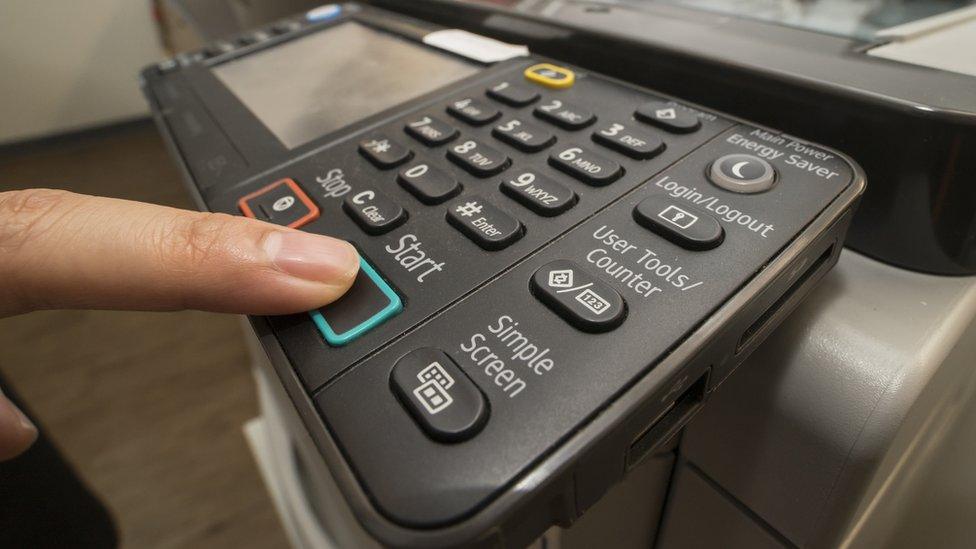Xerox aborts $6.1bn sale to Japan's Fujifilm
- Published

Technology firm Xerox has ended its controversial sale to Japan's Fujifilm after reaching a deal with activist investors Carl Icahn and Darwin Deason.
Together, they own 15% of Xerox and had opposed the $6.1bn (┬г4.5bn) deal as they said it undervalued the firm.
The decision ends months of infighting, including a major boardroom clear-out.
However, Fujifilm has disputed Xerox's "unilateral decision", adding: "We do not believe that Xerox has a legal right to terminate our agreement."
"We are reviewing all of our available options, including bringing a legal action seeking damages," Fujifilm added.
'Ill-advised scheme'
Xerox said it would not proceed with the deal, partly because of "material deviations" between audited results from its Asian joint venture with Fujifilm, Fuji Xerox, and previous unaudited statements.
Mr Icahn welcomed the outcome, saying "we are extremely pleased that Xerox finally terminated the ill-advised scheme to cede control of the company to Fujifilm".
As part of its decision to call off the merger agreement, Xerox fired its chief executive Jeff Jacobson in early May.
Six board members were also ousted, paving the way for two executives close to Mr Icahn to be installed in the roles of chief executive and chairman.
Five new board directors have since been appointed,
Xerox could now go up for sale in an auction, with its new board meeting immediately to "begin a process to evaluate all strategic alternatives to maximise shareholder value".
- Published2 May 2018
- Published31 January 2018